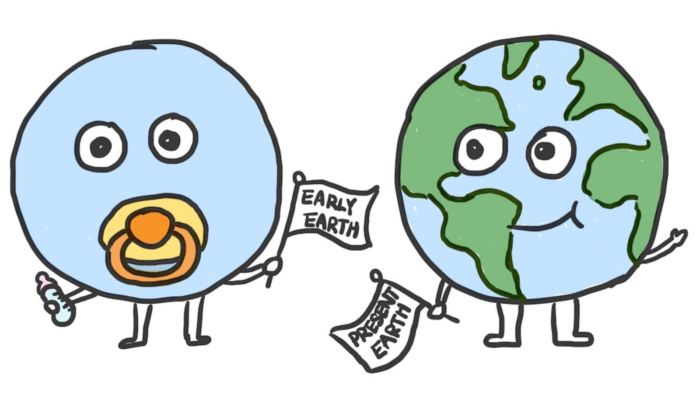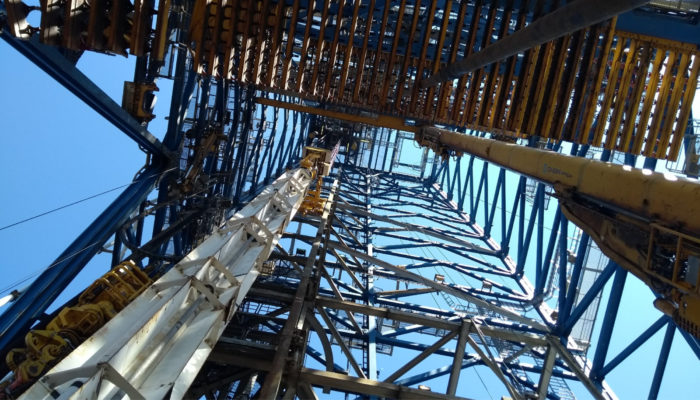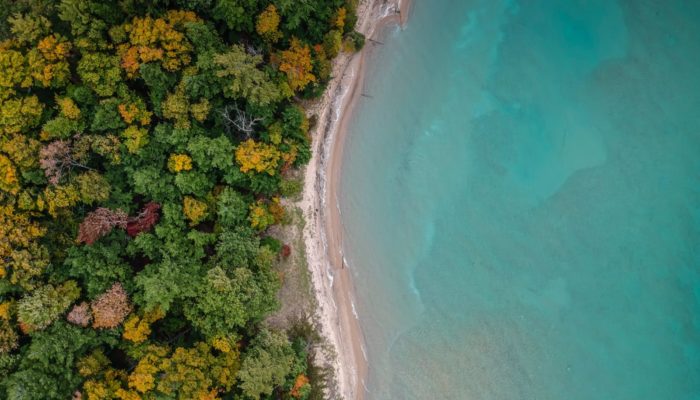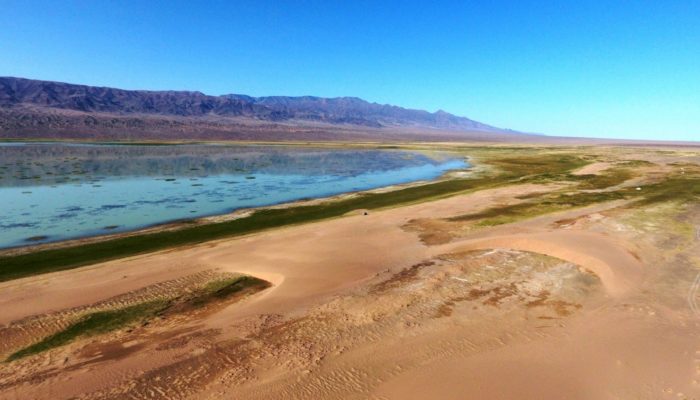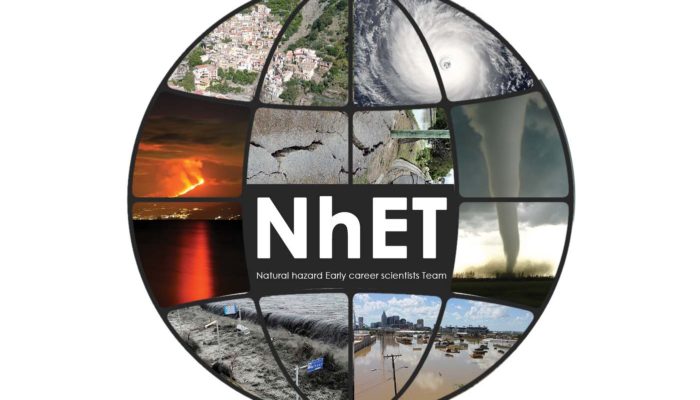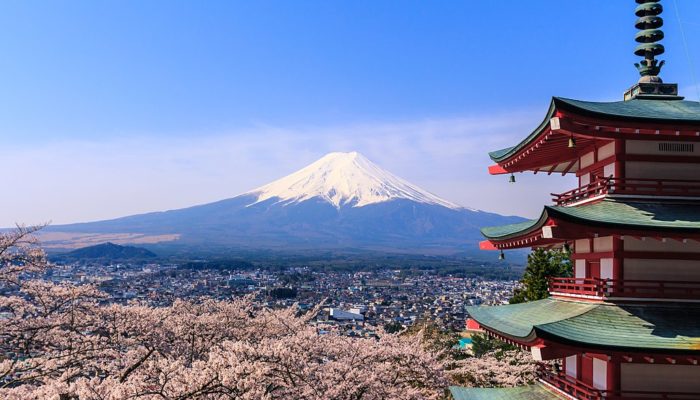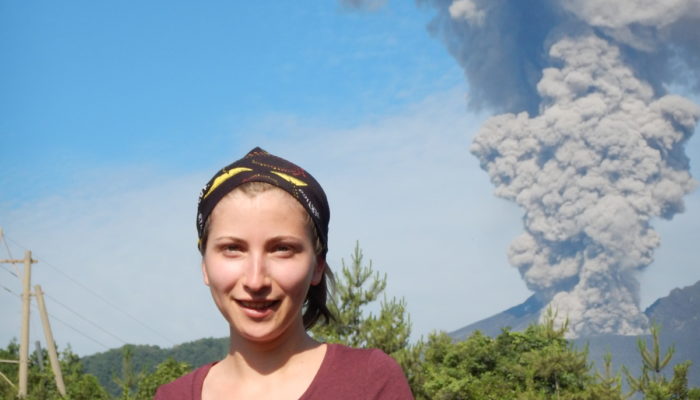Understanding the plate tectonics initiation can give us incredible opportunity to guess the physical state of the early Earth. This week, Hee Choi, a Ph.D. candidate, takes us on a journey on initiation of plate tectonics and how continental crustal growth is related to it. Our planet Earth is the only place where plate tectonics takes place. No other planet or rocky moon in our solar system has ...[Read More]
Geochemistry, Mineralogy, Petrology & Volcanology
Drilling in the deep: Project Mohole and the underground space race
The mantle makes up the bulk of Earth, extending from near the surface to the edge of the core 2900 km down. It constitutes 84% of Earth’s volume and has roughly 6 times the mass of Mars! Despite its impressive bulk, the mantle is almost everywhere covered by several km of crust. As a result we don’t have a lot of pieces of it that we can look at, hold or study. Those we have (e.g. xenoliths ...[Read More]
Biogeosciences
From the forest to the ocean – get to know the new ECS representative team of the Biogeosciences division!
The Biogeosciences division is among the most diverse in the EGU, from marine and terrestrial sciences to extraterrestrial studies and remote sensing applications. Therefore, there is a need of a team of ECS representatives covering a wide range of research interests and topics. Do you want to know them? Elisabet Martínez-Sancho is a postdoctoral researcher at the Swiss Federal Insti ...[Read More]
GeoLog
Imaggeo On Monday: An ever evolving landscape – Orog Nuur, Mongolia
At the transition from the Gobi Altay ranges to the Valley of the Lakes in South West Mongolia, the Ikh Bogd mountain towers almost 3000 m above the aridifying endorheic Orog Nuur Basin. The actively deforming mountain front shows traces of multiple earthquakes, which in turn affect the alluvial sediments deposited in the basin. Simultaneously, strong south-eastward winds create beautiful barchan ...[Read More]
Natural Hazards
Meet and greet with the Natural hazards Early career scientists Team – NhET
Do you know that there is a Natural Hazards team of clever, fun and friendly early career scientists? This team takes care of the blog you are reading (and we hope enjoying) and organises and helps with sessions, short courses and great debates during the EGU General Assembly. Moreover, we created a network of early to mid-career scientists from different disciplines and backgrounds of the Natural ...[Read More]
Seismology
“State of the ECS”: Proudly presenting the new commers!
Maria here! Well, it has been some time but now we have some exciting news! Our little ECS group is not that little anymore. After EGU five, yes I repeat, five new members joined our team! Yay. Without further ado, I give the floor to the newbies, so they can introduce themselves. Hi everyone! This is Angel! (Yes, it’s my real name!) I’m a geophysics PhD s ...[Read More]
GeoLog
Geology and the Olympic Games
Over the last few days the best athletes in the world have been descending on Japan for the long anticipated Tokyo Olympic Games, and it’s going to be a special and spectacular event. The Olympics have a long and rich history, and from their very inception have been influenced by geology, whether it’s earthquakes affecting venues or geological processes creating the very terrain athletes will be c ...[Read More]
Geodynamics
The Sassy Scientist – Swimming with the Sharks
While savouring a refreshing beverage and browsing through news of [yet another] dystopian summer, Ethan keeps receiving notifications from his e-mail. It turns out that he is insistently being asked to review (again and again) a paper. Naturally, he turns to me to ask: How can I refuse doing paper reviews? Dear Ethan, A question as old as time academia! The increase in publication volumes in the ...[Read More]
GeoLog
GeoTalk: Meet Valeria Cigala, the Natural Hazards Division’s Early Career Scientist Representative
Hello Valeria, thank you for talking with us today! Could you tell us a bit about yourself? Hi Simon, I’m delighted to talk with you today; thank you for the opportunity! I originally come from Italy, and I work as a postdoc researcher at Ludwig-Maximilians-Universität (LMU) Munich, in Germany, in experimental and physical volcanology. In particular, I’m working on my DFG funded projec ...[Read More]
Geodynamics
Join the EGU GD social media team!
Join our enthusiastic team of social media managers! We are looking for new people who are interested in joining an enthusiastic team of young researchers to help manage the EGU Geodynamics social media platforms (Facebook and/or Twitter) for the new academic year. This is an excellent opportunity for early-career researchers to expand their scientific circle while working within the EGU G ...[Read More]

